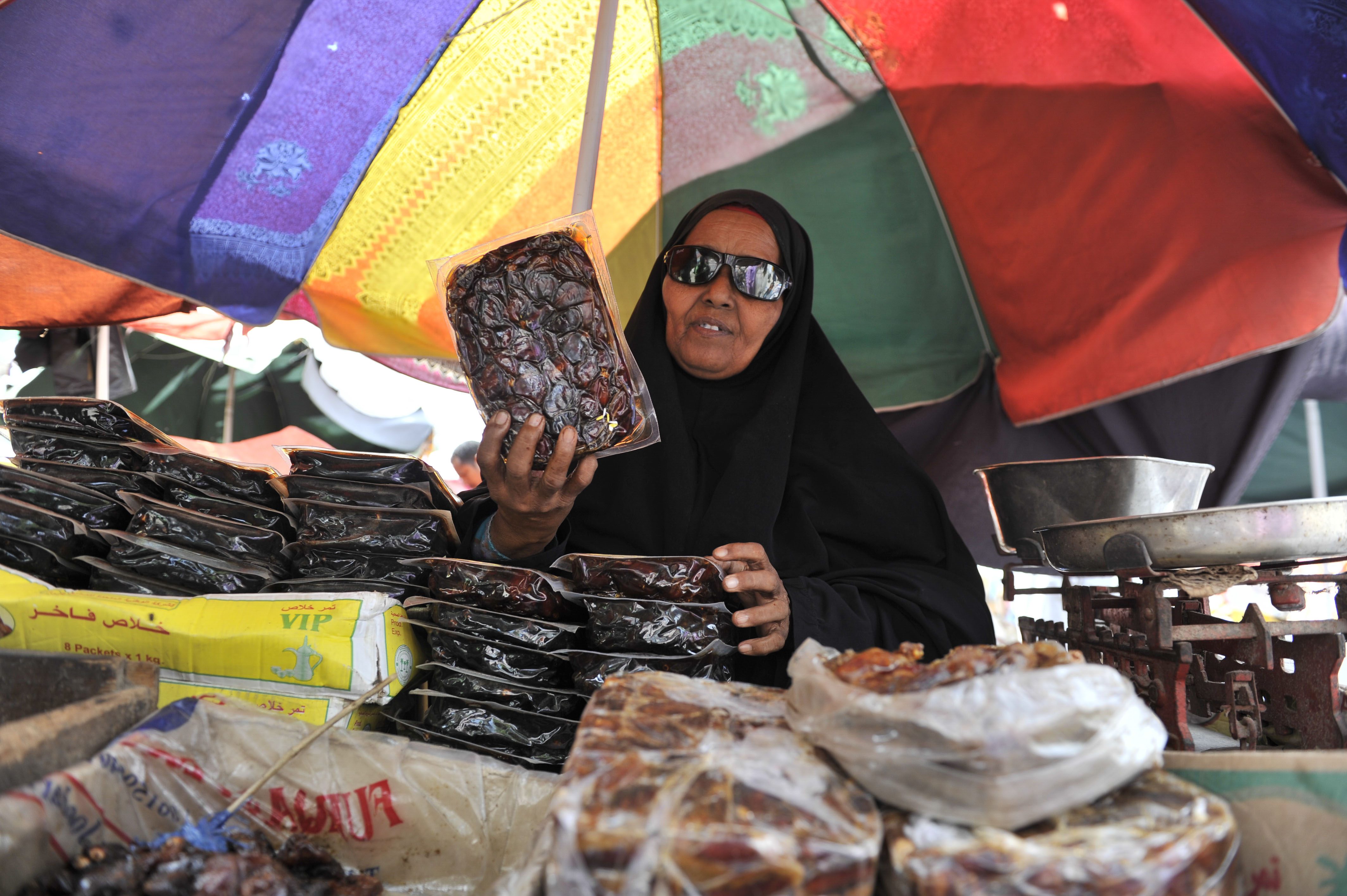Although poverty has been reduced considerably in industrialized societies, it continues to attack developing countries. Approximately, 689 million people, or about 9.2 percent of the world, live in dire poverty, and most of them are in developing countries. However, through the adoption of freer markets, developing countries like China and Vietnam have managed to arrest the growth of poverty.
But notwithstanding the progress of free enterprise in thwarting the rise of poverty, some pundits still blame free market for extreme poverty, hunger, and environmental disasters. For many, free enterprise is a system of brutal exploitation that enriches the rich at the expense of the poor. However, studies consistently show that free market is the most effective strategy for alleviating the human condition and lifting people out of poverty.
Free market delivers because it only requires human ingenuity and the freedom to produce without government interference. When people can innovate without the inconvenience of government regulations, wealth creation becomes easier. Moreover, business environments that are hospitable to entrepreneurship will motivate more people to improve living standards by starting new businesses.
Rather than painting free enterprise as an enemy of progress, pundits should appreciate that inefficient regulations cultivate poverty in developing countries and that wherever they have been dismantled, this has unleashed a wave of productive opportunities. Economist A.V. Chari finds that industries that were removed from the License Raj’s jurisdiction yielded a total factor productivity improvement of 32 percent in India. This improvement was driven by declines in entry costs and the relaxation of capacity constraints.
Unsurprisingly, waiving regulations made more time and resources available for business development, thereby enhancing productivity. Furthermore, complying with regulations is often costly, so in their absence, more funds can be deployed in business expansion. Therefore, deregulation lowers the cost of business expansion by ensuring that resources that would have been expended due to government mandates remain in the company’s coffers and can finance expansion.
Like deregulation, liberalization is another free market tool that boosts living standards in developing countries. Protectionist sentiments are still influential across the developing world, but protecting local markets from competition fails to uplift the poor. Countries that embrace globalization are more likely to benefit from technology transfer and to record poverty reductions. Although, imports are perceived as negative, they ought to be celebrated because cheap imports allow poor people with less disposable income to save more money.
[perfectpullquote align=”right” bordertop=”false” cite=”” link=”” color=”” class=”” size=””]It could come as a shock to many that openness not only fosters growth but also lowers inequality.[/perfectpullquote]
In Africa, despite the reversal of some retrograde economic policies, protectionism continues to wield clout, especially due to the economic fallout induced by COVID-19. A greater proportion of the world’s poor live in sub-Saharan Africa (SSA) than anywhere else, hence the region should be more serious about trade openness than other regions. Jennifer Mbabazi, Oliver Morrissey, and Chris Milner in the article “Trade Openness, Trade Costs and Growth: Why Sub-Saharan Africa Performs Poorly,” argue that considering its natural disadvantages, trade openness is particularly important for SSA: “Although SSA countries are disadvantaged by natural barriers and distance from markets, interventions are possible that can reduce transport and transactions costs of trade. Policies that encourage exports and diversification, and that reduce barriers to openness, can boost economic performance.”
Samuel Kwaku Agyei and Godwin Adolf Idan in “Trade Openness, Institutions, and Inclusive Growth in Sub-Saharan Africa” point out that SSA has regressed in reducing poverty levels and that if current trends persist, 90 percent of the world’s extremely poor population will be residing in this region. To avert this crisis, they recommend that countries in SSA strengthen their institutions to promote good governance and trade openness.
Similarly, economists usually lament that Africa is undercapitalized; however, promoting trade openness can facilitate capital formation in Africa. High-value goods are often produced in rich countries; therefore, policies that permit the importation of foreign inputs enable African countries to move up the value chain. African entrepreneurs will produce higher-quality products for the export and domestic markets and, by extension, acquire more funds to fuel further expansion and capital accumulation.
It could come as a shock to many that openness not only fosters growth but also lowers inequality. In an International Monetary Fund working paper titled “Income Inequality in Small States and the Caribbean: Stylized Facts and Determinants,” the authors note that by attracting foreign direct investment, financial openness leads to more employment and less inequality.
Blaming free enterprise for poverty rates in developing countries may be politically correct, but like most fashionable assumptions, it cannot be verified by data. Free markets made the industrial world rich, and developing countries can easily join the league of rich nations if they ignore the misguided rantings of intellectuals in affluent countries.
Lipton Matthews is a researcher, business analyst, and contributor to mises.org, The Federalist, The Imaginative Conservative, Merion West, and American Thinker.
First appeared in Mises Wire.

